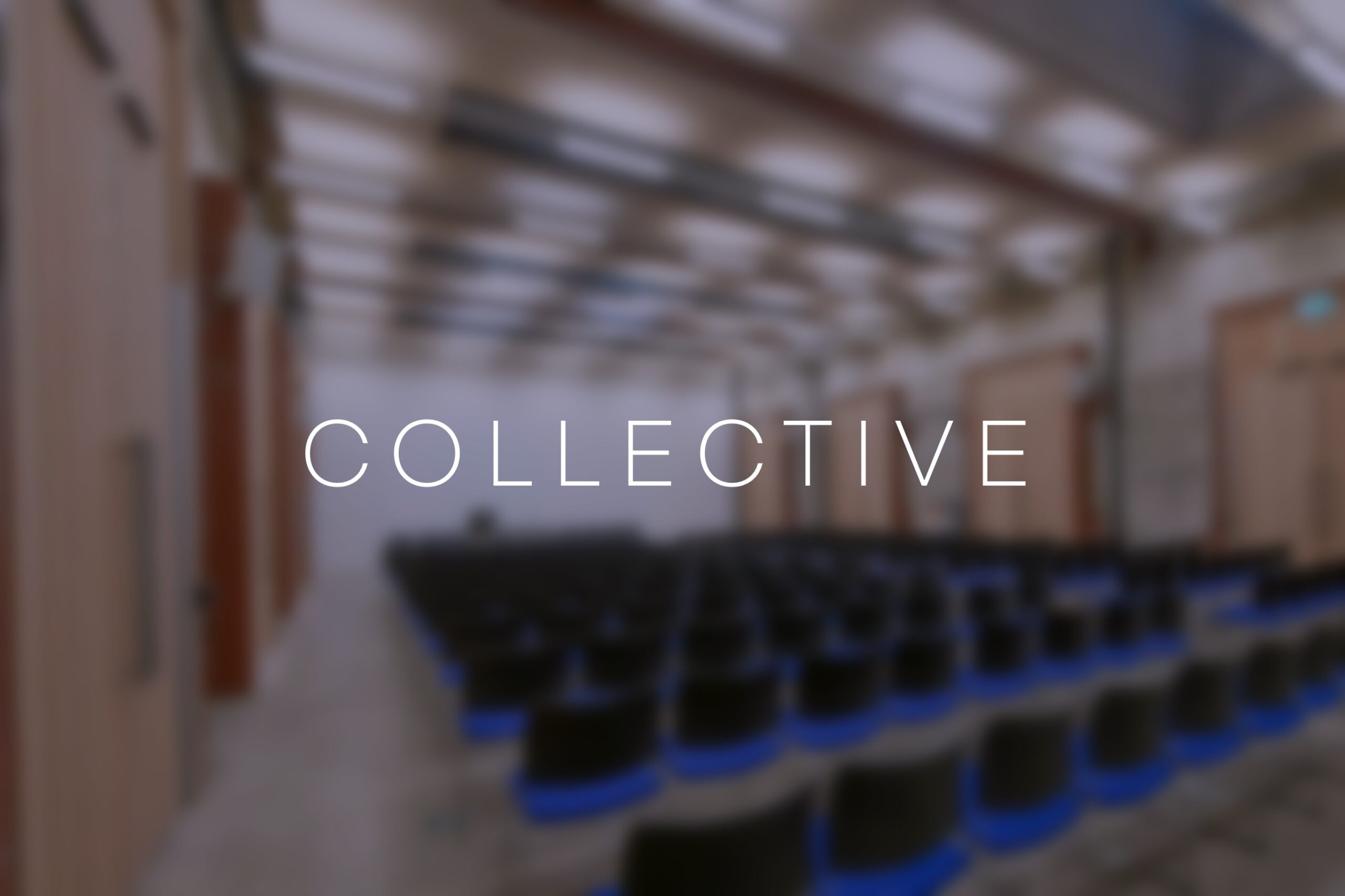Week 6: Collective – 5 Minute Presentation

Collective 5-minute presentation.
In this week 6 collective meeting we presented out curatorial project over the course of five minutes. Below is a summary and structure of my presentation:
Title:
My curatorial project title that I proposed was ‘Fabulation’. This word referred to Dona Haraway’s term ‘Speculative Fabulation’, highlighting the role of narratives and constructed imaginings in the selected artists.
Key Reading:
My key sources were Dona Haraway’s’ Saying with the Trouble and Timothy Morton’s All Art is Ecological. The following decisions of artist inclusion were made with respect to their engagement with these branches of ecological theory, and presented through the way that they engage with ecological times.
Artists:
Past:
Charlotte Alexander: This artist is a recent graduate from Loughborough University, making work focusing on nostalgia and solastalgia. Morton identified the uncanny feeling about living in the time of a climate crisis, where the statistics that make up the majority of climate discussions distance the population from reality. Alexander subverts this by presenting the large-scale ecological loss through the lens of personal sentimental grief, iterated through the arrangement of personal archival materials.
Future:
Molly Wickett: A recent graduate from the Edinburgh College of Art. Her work imagines a post-apocalyptic future, contrasting the images of destruction and charred ashes with the proposition of new life in the shape of fungal forms. Wickett apprehends this subject with a queer, neurodiverse approach. This form of future fictioning has been titled ‘speculative fabulation’ by Dona Haraway, where the purpose of this form of thinking is to make an audience imagine the sort of futures that they do and don’t want, and within that, find their own action forward.
Present:
Romy Antrobus: This artist does not make work specifically about ecology, instead focusing on Karan Barad’s concept of Space Time Mattering, conceptualising every event as a composite of infinite previous happenings, and in turn recognising the unseen spiralling shape our own actions take as they extend to the future. Morton questions the statistical effect that individual actions have in the face of climate crisis (2018). This thinking can direct us towards hopeless inaction (Kimmerer, 2013). Works like that of Antrobus direct us to the significance of present action.
In this arrangement the work that focuses on the past serves to connect us with the intangibility of the ecological work, while the imaginings of the future compel us to image the repercussions of our actions. Finally, the present situated work makes us re examine what our own actions can do within the context of our current ecological situation.
Space:
I have located the Strange Field exhibition space in Glasgow. It is a non-traditional gallery, with a large open space and natural illumination via large windows. The organisation also has commitments to facilitating the work of young and emerging curators and artists, as well as accessibility initiatives. I believe that fits the requirement of this curatorial project.
Feedback:
My general theme was deemed to be too vague. Despite the relation of the artists to relevant ecological theories, the overall exhibition lacked direction, and the title that directs the attention to narrative does nothing to serve the overall direction of the exhibition.
I identified that this was a concern of mine, however the individuals who are affected by the climate crisis are vast, and experiences vary widely, thus it is my ethical curatorial duty to represent a range of perspectives. As a result, this presentation of the work does not have a straightforward narrative, and though I have a clear goal to make an audience reappraise their current attitude towards climate, the arrangement of work does not effectively communicate this.
In response to this feedback, I brought up the term ‘Friction’ coined by Anthropologist Anna Tsing. Saying that the incongruence between different viewpoints provides a ‘heat’ that compels us forward. Julie Louise Bacon identified that this could be a term to centre the project around and would provide a greater idea to the shape of the exhibition.
Action:
The title of my project will be revised as ‘Friction: perspectives of ecology’. If contrast of different conceptual viewpoints is to be embraced then the division of pieces into sections of conceptual harmony may be counter intuitive, hence, I will reappraise the structure of the exhibition and refine the selection of artists. This will also be accompanied by a thematic investigation into the concept of friction to solidify my theme.
Bibliography:
- Haraway, D. (2016). Staying with the Trouble: making kin in the Chthulucene. Durham: Duke
University Press. - Kimmerer, R. (2013). Braiding Sweetgrass: Indigenous Wisdom, Scientific Knowledge and the
Teachings of Plants. Milkweed Editions. - Morton, T. (2018). Being Ecological. Cambridge, Massachusetts: The Mit Press.
- Tsing, A (2015). Friction: An Ethnography of Global Connection. Princeton: Princeton
University Press.
Presentation:
Mayston. H Week 6 Presentation



